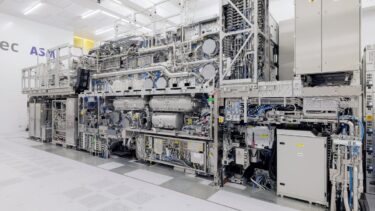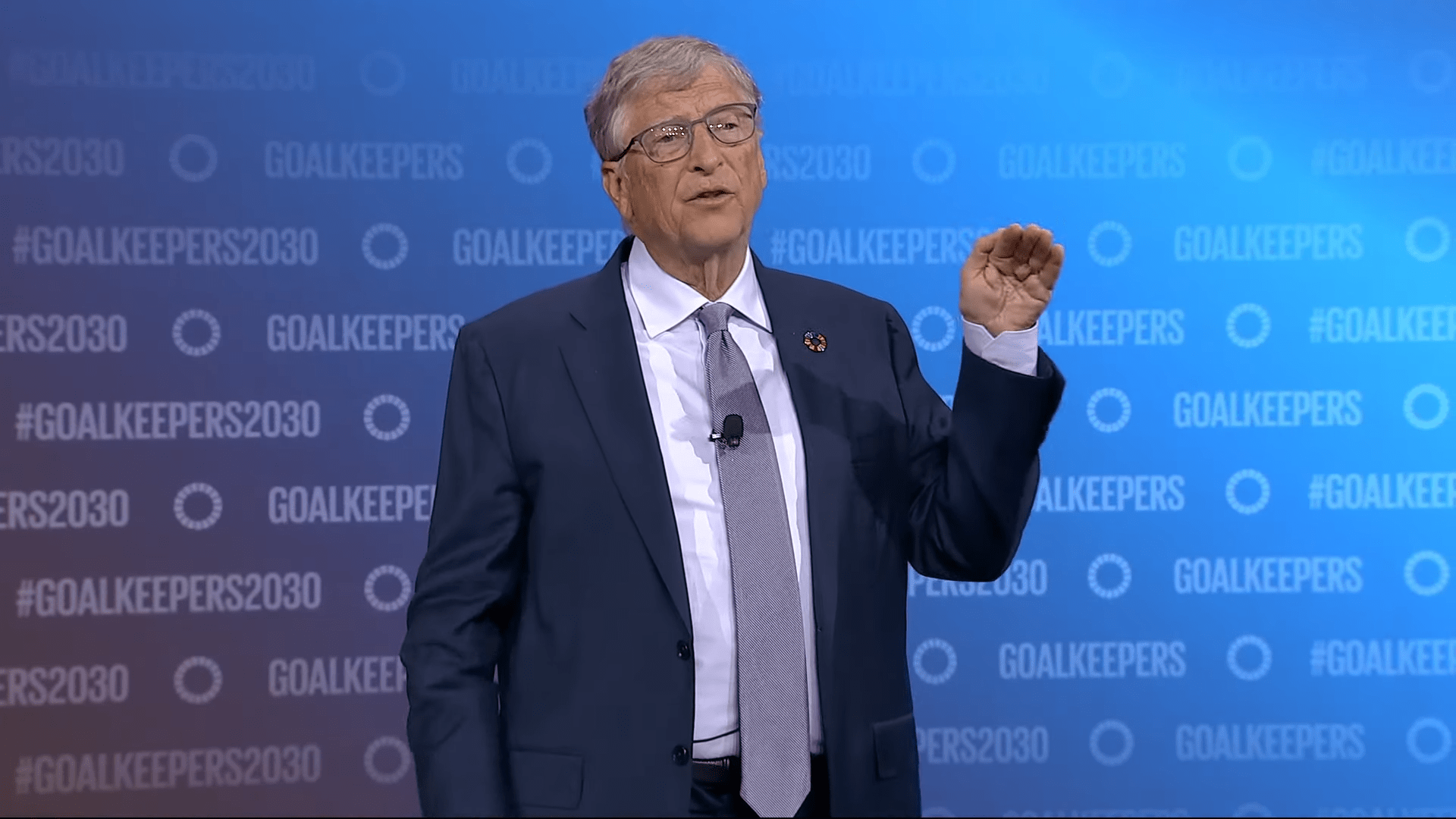ARTICLE AD BOX
At a recent AI summit in Paris, EU Commission President Ursula von der Leyen announced "InvestAI," a €200 billion initiative aimed at establishing Europe as a global AI leader. The centerpiece of this plan includes four AI computing centers that will operate as public-private partnerships, following a CERN-like model.
The EU will allocate €20 billion to equip these facilities with about 100,000 advanced AI chips. According to the Commission, these centers will be open to all companies, supporting developments in medicine, science, and other fields.
The funding structure combines existing EU programs like "Digital Europe," "Horizon Europe," and "InvestEU" with member state contributions from their cohesion funds. This mixed approach of grants and equity investments serves as a test case for strategic technologies under the "Competitiveness Compass" initiative.
The Commission had previously announced seven initial AI facilities in December, backed by $10 billion in combined EU and member state funding. These represent the largest public AI investment globally and are expected to attract ten times more in private funding. In France, President Emmanuel Macron recently announced that companies have committed €109 billion to AI development.
Ad
THE DECODER Newsletter
The most important AI news straight to your inbox.
✓ Weekly
✓ Free
✓ Cancel at any time
Europe on the move and already lagging behind
While Europe is making moves, it's been a long time coming. Back in 2021, after GPT-3's release and well before ChatGPT, the German AI Association warned about European dependence on American AI models. "We need a European CERN for AI," Jörg Bienert, founding member and CEO of the German AI Association, told The Decoder in an interview at the time.
Despite these early warnings and the current billions in investment, Europe still trails far behind the United States. Major U.S. tech companies like Amazon, Microsoft, Alphabet, and Meta are investing nearly $320 billion in AI this year alone, and have invested many billions more in recent years. Add to that Elon Musk's xAI, Apple, and the newly announced $500 billion investment by the Stargate project.
AGI is not taken seriously
New York Times reporter Kevin Roose, who attended the Paris summit, also noticed a shift in tone compared to previous gatherings in the UK and South Korea. While earlier meetings focused on AI risks, including potential existential threats, Paris emphasized optimism and AI's benefits in medicine and climate science. Discussions about AI risks were mostly limited to side events, with President Macron expressing concern about how the EU AI Act might affect France's competitiveness.
According to Roose, summit leaders also seemed to downplay predictions from AI experts about artificial general intelligence (AGI) arriving within years. While Google DeepMind's Demis Hassabis suggests AGI could emerge within five years, and leaders at Anthropic and OpenAI predict even shorter timelines, the political response remains cautious and vague.
As Roose so beautifully puts it: "It feels, at times, like watching policymakers on horseback, struggling to install seatbelts on a passing Lamborghini." The pace of technological advancement far outstrips the speed of political decision-making.
Recommendation

 8 months ago
19
8 months ago
19



